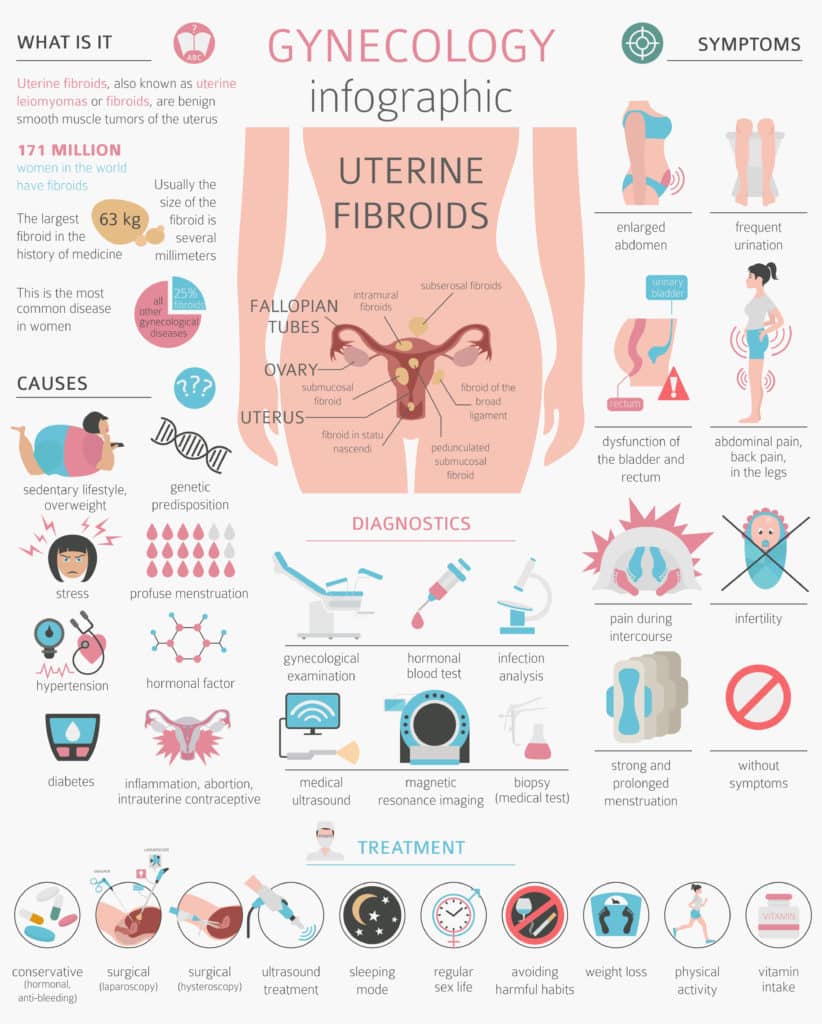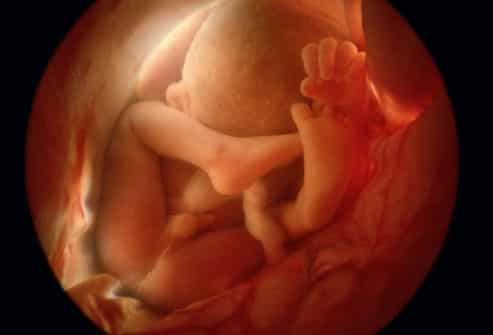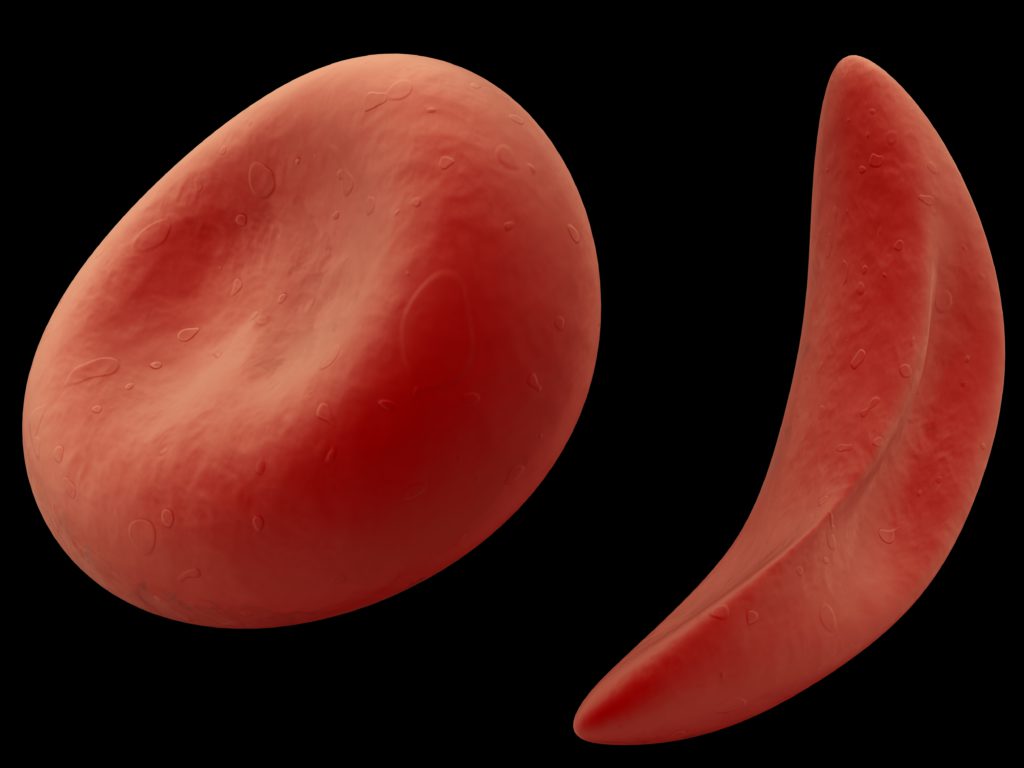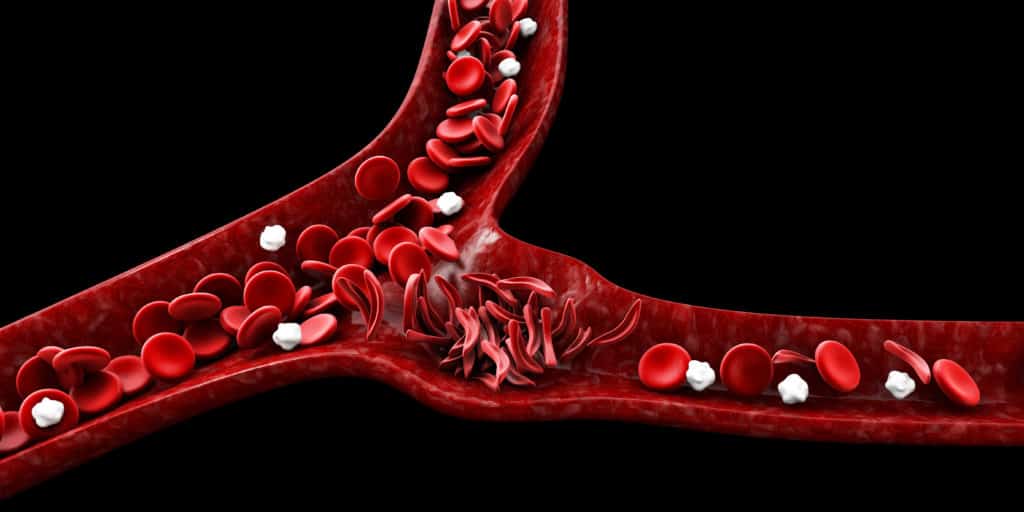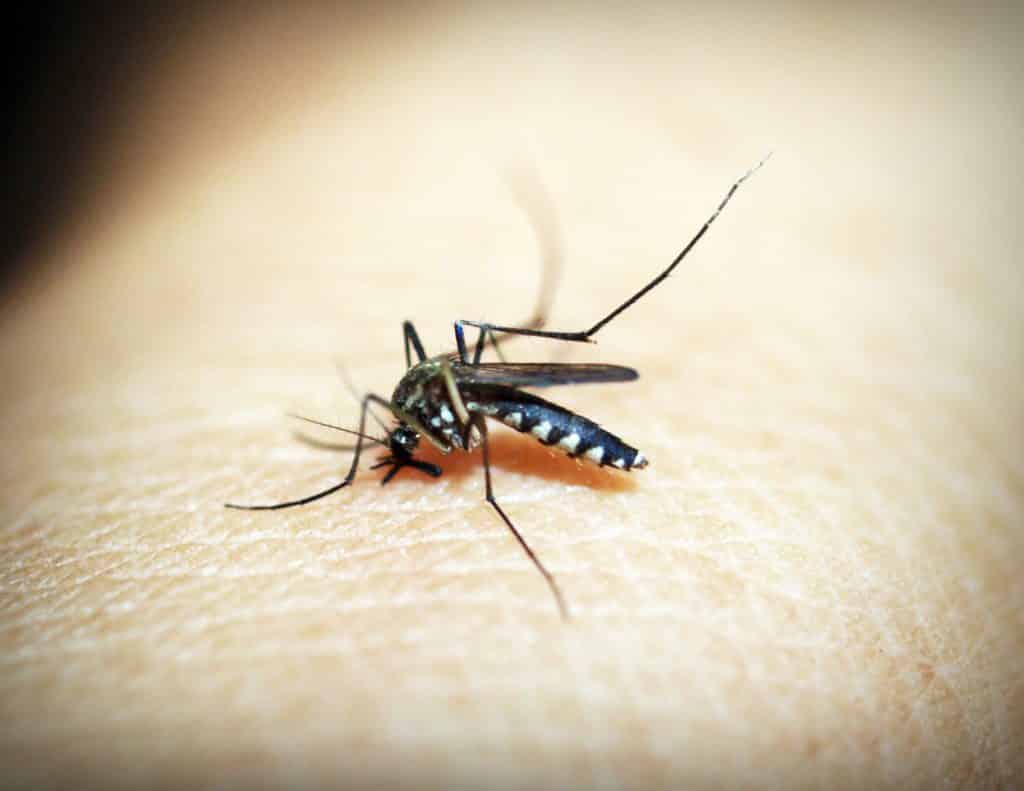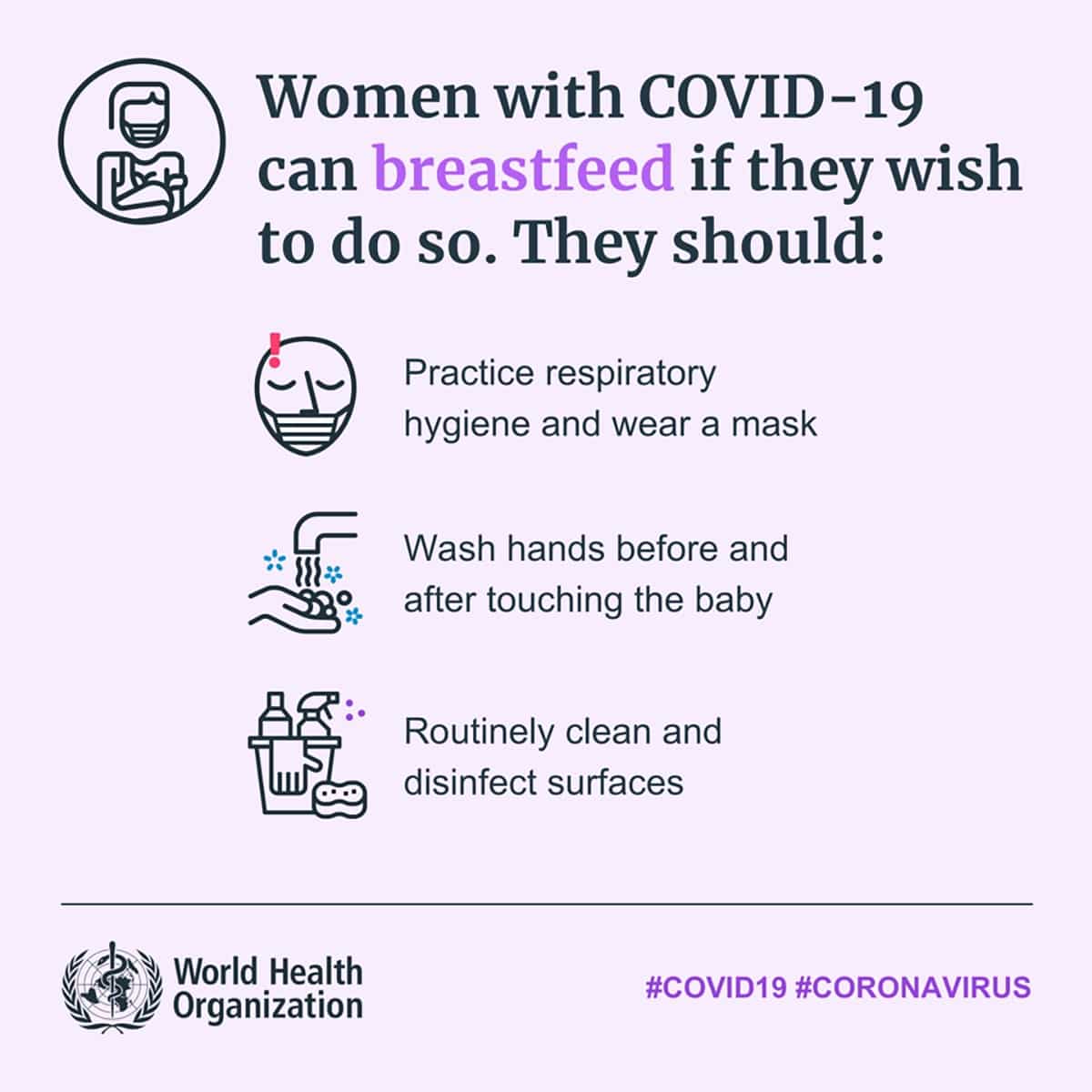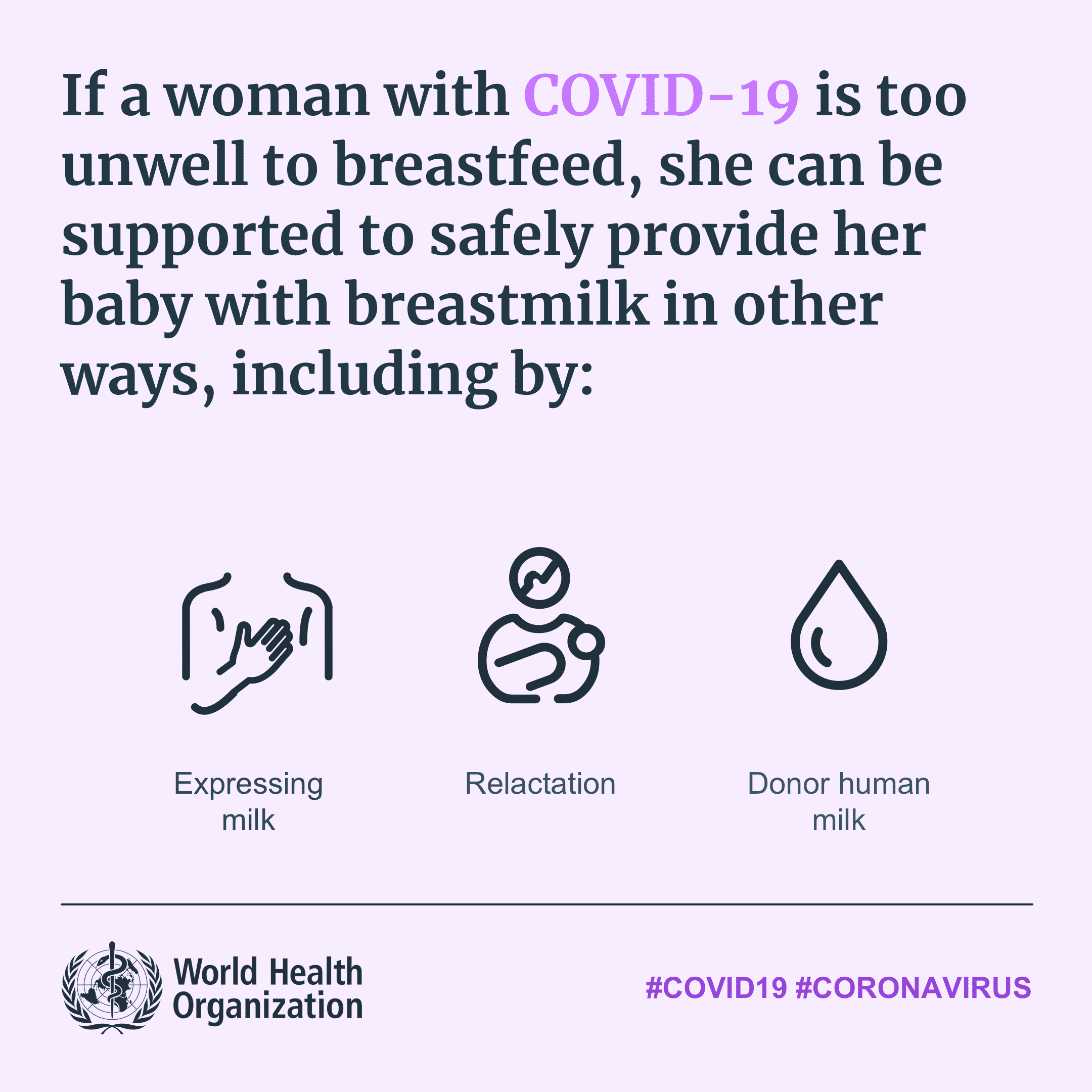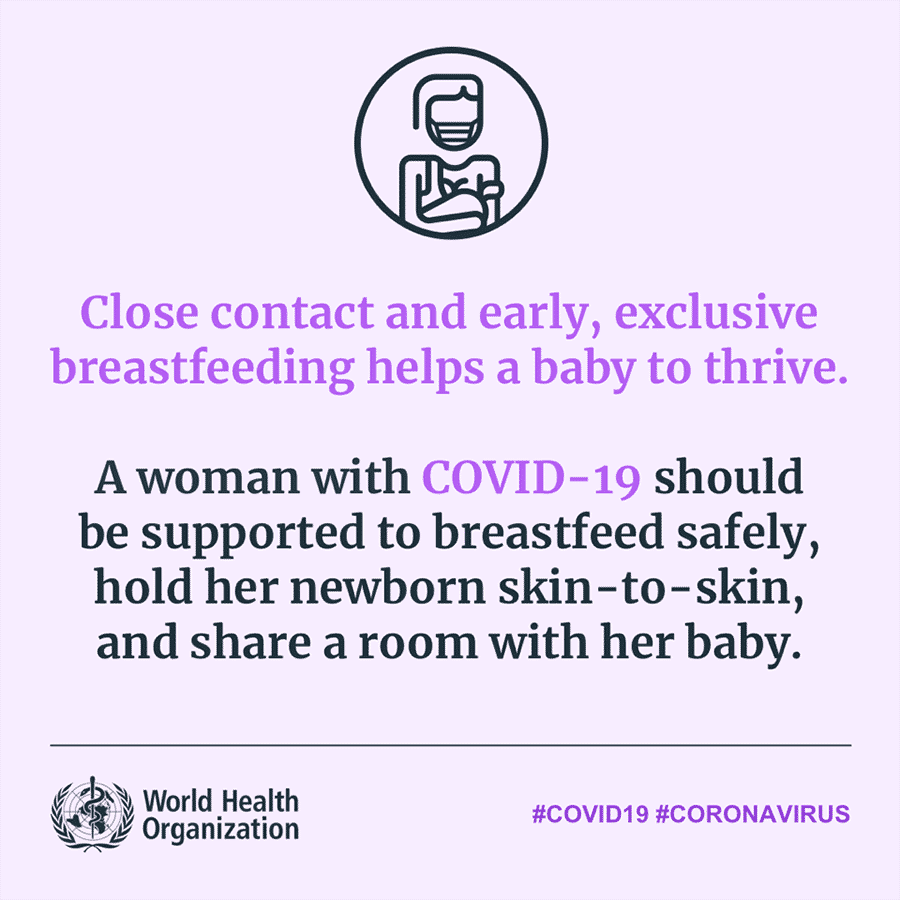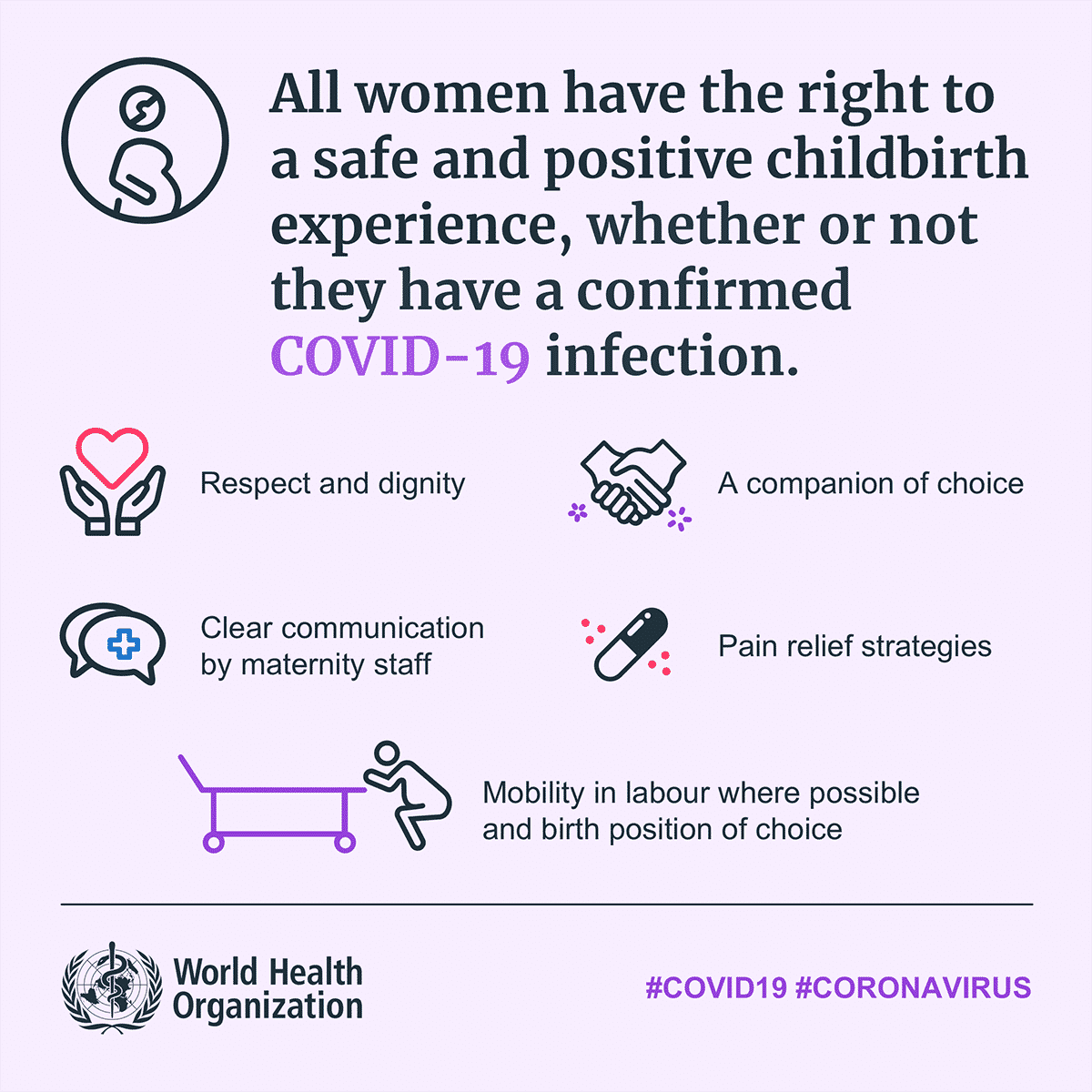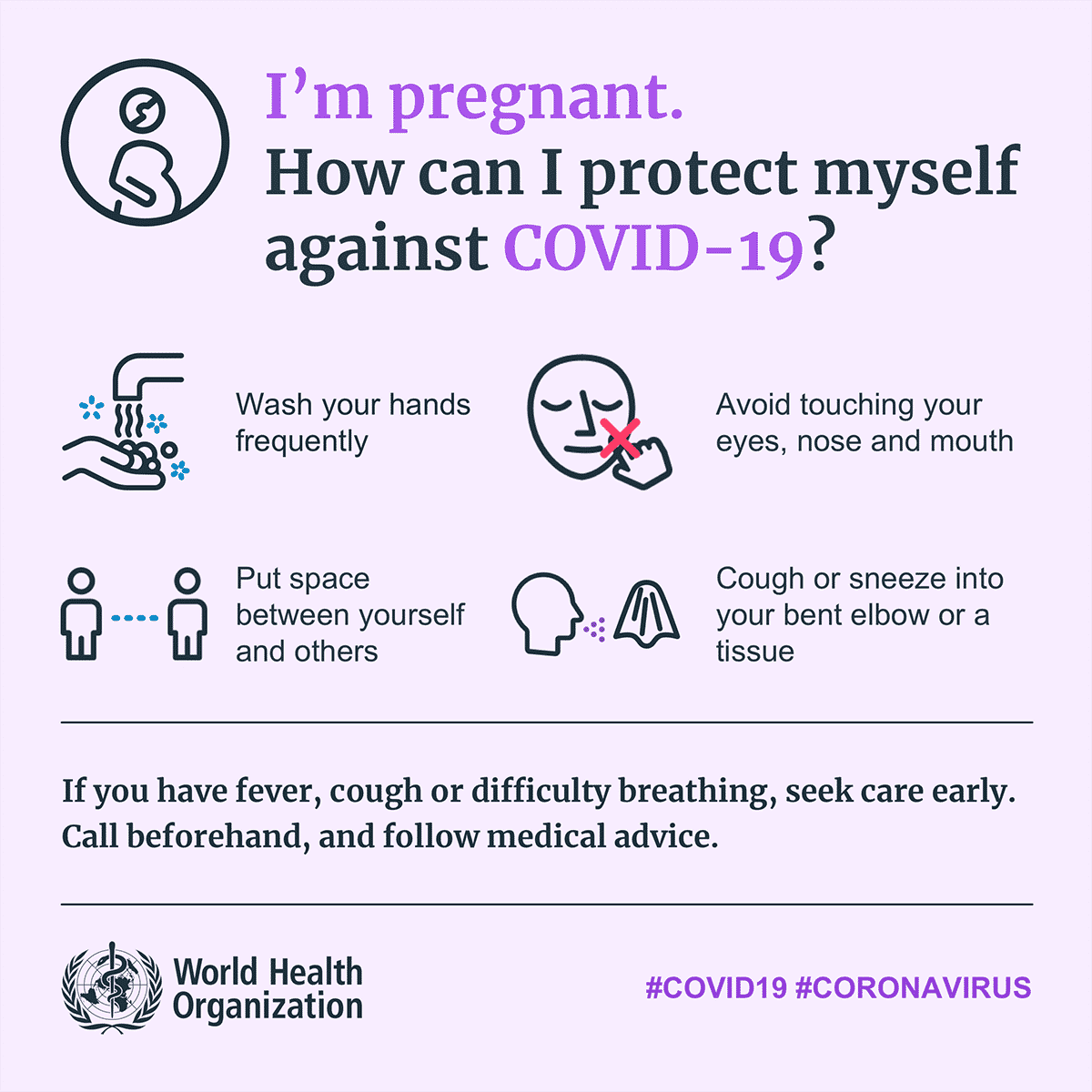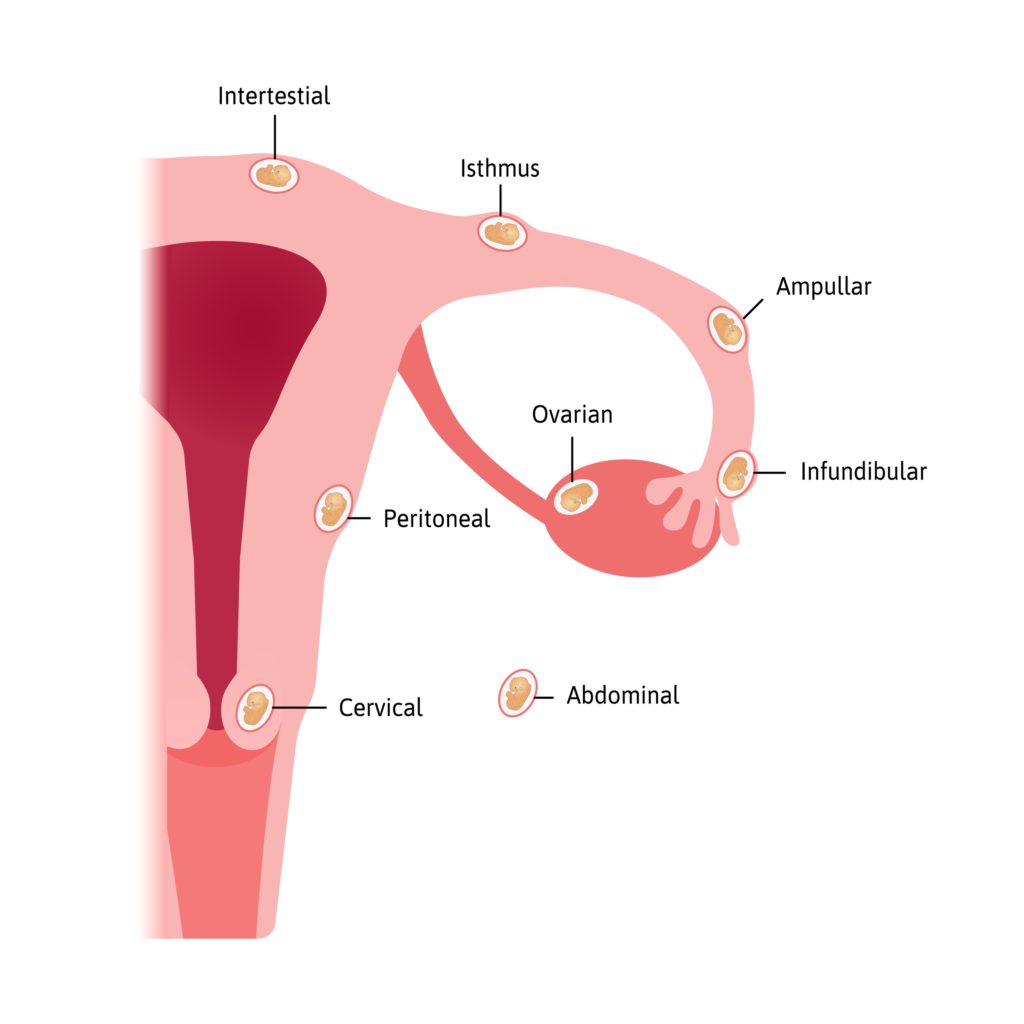A missed period is an obvious sign of pregnancy. However, it is not the only sign of pregnancy. In fact, there are other uncommon signs of pregnancy that you may experience before a missed period.
Although a pregnancy test is the most effective way to confirm a pregnancy, a number of other uncommon signs can also be used to detect pregnancy. Nevertheless, most mums-to-be fail to recognize these signs.

What are these uncommon signs of pregnancy? How can you identify them?
Read on to find out!
The Uncommon Pregnancy Symptoms
Weird Symptoms In Your Breasts
1. Tender Breasts
In the early days of pregnancy, your estrogen levels would begin to rise significantly. Most times, this would cause your breasts to become tender, heavy, or sore. This symptom may occur in the week leading to your first missed period.
Furthermore, this increase in blood estrogen levels may cause your nipples to feel tingly, itchy, or prickly.
2. Increased Sensitivity
One of the weirdest and earliest signs of pregnancy for most women is increased breast sensitivity. In fact, this symptom may even begin as early as 7 days after conception. In addition, your breasts may become fuller, heavier, or itchier.
This symptom is so pronounced in some women that they even dread wearing or removing a bra.
3. Darkened Areola
Another weird sign of pregnancy is the appearance of a significantly darkened areola.
As your little one begins to develop, you may notice that your areola (the small circular patch of skin surrounding your nipple) has become really dark. Also, some women also observe certain tiny bumps, or Montgomery Tubercles, which appear around their areola.

However, it is important to note that the appearance of these Montgomery Tubercles does not always mean you are pregnant. Nevertheless, this symptom is closely associated with pregnancy.
Weird Pregnancy Changes In Your Digestive System
4. Nausea
Nausea is a very common symptom of pregnancy, which is often called morning sickness. Most women begin to feel nauseous a few days after the date of conception.
Have you started to notice distinct changes in how your body responds to food? Has the lovely aroma of morning coffee suddenly become irritating? Do your meals look more gross than inviting? In fact, does the mere thought of food make you nauseous?
You just might be pregnant!

Although it is also called Morning Sickness, pregnancy-induced nausea can strike at any time of the day. For most women, this symptom begins in the 6th to 8th week of pregnancy. In other instances, the nausea may even begin much earlier than that.
Studies show that this uneasy symptom is due to rising estrogen and progesterone (pregnancy hormone) levels.
5. Food Cravings & Aversions
Another telltale sign of pregnancy is food cravings or weird food aversions. Imagine waking up at 2 am and desperately wanting a bowl of hot pasta and ice tea.

Weird right?
Well, you just might be pregnant. In fact, some women lose their appetites completely or become strangely selective in food options.
6. Constipation
Sadly, constipation is another weird symptom of pregnancy.
During pregnancy, your body produces hormones like Relaxin and Progesterone which relax your muscles and slows down certain organ functions. Sometimes, the effects of these hormones extend to the digestive system, slowing down the normal digestive process.
When this happens, you may realize that your bowel movements have become less frequent or even incomplete
7. Bloating
Does your tummy feel rounder and bigger than usual? Are your pants now tighter on your waist? Do you feel a bit balloon-ey?
Yes, we know that bloating is a regular PMS symptom, however, the hormonal surge that comes with early pregnancy can also cause bloating.

Although some pregnant women do not experience this symptom until the later part of pregnancy, it may come up really early for some people.
Weird Pregnancy Changes In Your Excretory System
8. Increased Frequency of Urination
Are your bathroom breaks more frequent than usual? Has your ability to hold your pee dropped in recent weeks?
You might just be pregnant.
Increased frequency of urination is also an obvious sign of pregnancy before a missed period and it increases as pregnancy progresses. The changing hormones and extra blood being produced may cause you too pee much more than usual in the early stages of pregnancy.
9. Diarrhea
As we mentioned earlier, some women may experience constipation and gassiness in the early days of pregnancy. In other instances, the exact opposite occurs.
It is possible to experience the runs as an early symptom of pregnancy. This may result from hormonal, dietary, or just stress-induced changes.
Weird Symptoms In Your Mind
10. Mood Swings
A hormonal imbalance can affect the neural signaling process in the brain, leading to sudden and enhanced emotional outbursts. Interestingly, this can be an early symptom of pregnancy for most women.

If you don’t feel normal, take some time out to relax, speak to a friend. Experience some self-love; it’d help you respond properly to stressful situations. Please remember that more serious challenges with your mood in pregnancy need more attention. Please don’t ignore it.
11. Dizziness
Feeling dizzy and light headed is also one of the symptoms of early pregnancy before a missed period. This is because of the stretching of blood vessels which causes a reduction in blood pressure.
This symptom persists during the first trimester and gradually decreases in the remaining trimesters.
Weird Pregnancy Changes In The Other Parts of Your Body
12. Metallic Taste In Your Mouth
This is also known as dysgeusia. It is an awkward and strange taste in the mouth during pregnancy. This can be an early symptom of pregnancy which may persist all through pregnancy in some women.
13. Elevated Basal Body Temperature
The body basal temperature increases during ovulation and then returns back to normal. But in early pregnancy, it stays elevated.

This is due to the high hormone levels during pregnancy. If your basal body temperature remains high for 18-20 days after ovulation, then, you’re probably pregnant.
14. Fatigue & Exhaustion
Changes in hormonal levels can make one feel tired and exhausted.
This makes most women sleep more in the early days of pregnancy. In addition, its normal to feel tired and sleepy after doing a few chores while pregnant.
You can relieve fatigue and exhaustion by eating a healthy diet rich in minerals, iron, vitamin, and plenty of fluid. Read more about tips for fatigue during pregnancy here.
15. Sensitivity To Smell
There is an increased sensitivity to smell in early pregnancy due to an increased level of estrogen. It occurs in the weeks following conception.
When Do These Weird Pregnancy Symptoms Start?
Everything varies from woman to woman.
In most cases, some of these symptoms begin to surface on the 7th to 10th day after conception. On the other hand, some of the other symptoms may take weeks to turn up.
In Conclusion
Regardless of these telltale signs, a pregnancy test is the best way to confirm the possibility of a pregnancy. Whenever you think you’re pregnant, there are a number of easy and reliable ways to get tested.
REFERENCES
- Sapra, K.J., Buck Louis, G.M., Sundaram, R., Joseph, K.S., Bates, L.M., Galea, S., Ananth, C.V. (2016). “Signs and symptoms associated with early pregnancy loss: findings from a population-based preconception cohort.” Human Reproduction. Accessed on 19th October, 2020 from https://academic.oup.com/humrep/article/31/4/887/2380064
- Katherine J Sapra, Germaine M Buck Louis, Rajeshwari Sundaram, Joseph, K.S., Lisa M Bates, Sando Galea, and Cande V Ananth (2018). “Time-varying effects of signs and symptoms on pregnancy loss <20 weeks: Findings from a preconception prospective cohort study.” Paediatric and perinatal epidemiology. Accessed on 19th October, 2020 from https://www.ncbi.nlm.nih.gov/pmc/articles/PMC5772892/#__ffn_sectitle
- Guannan Bai, Ida J. Korfage, Esther Hafkamp-de Groen, Vincent W. V. Jaddoe, Eva Mautner, Hein Raat (2016). “Associations between Nausea, Vomiting, Fatigue and Health-Related Quality of Life of Women in Early Pregnancy: The Generation R Study.” Plos One. Accessed on 19th October, 2020 from https://journals.plos.org/plosone/article?id=10.1371/journal.pone.0166133





